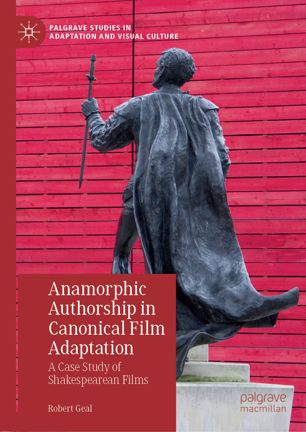

Most ebook files are in PDF format, so you can easily read them using various software such as Foxit Reader or directly on the Google Chrome browser.
Some ebook files are released by publishers in other formats such as .awz, .mobi, .epub, .fb2, etc. You may need to install specific software to read these formats on mobile/PC, such as Calibre.
Please read the tutorial at this link: https://ebookbell.com/faq
We offer FREE conversion to the popular formats you request; however, this may take some time. Therefore, right after payment, please email us, and we will try to provide the service as quickly as possible.
For some exceptional file formats or broken links (if any), please refrain from opening any disputes. Instead, email us first, and we will try to assist within a maximum of 6 hours.
EbookBell Team

4.0
86 reviewsThis book develops a new approach for the study of films adapted from canonical ‘originals’ such as Shakespeare’s plays. Departing from the current consensus that adaptation is a heightened example of how all texts inform and are informed by other texts, this book instead argues that film adaptations of canonical works extend cinema’s inherent mystification and concealment of its own artifice. Film adaptation consistently manipulates and obfuscates its traces of ‘original’ authorial enunciation, and oscillates between overtly authored articulation and seemingly un-authored unfolding. To analyse this process, the book moves from a dialogic to a psychoanalytic poststructuralist account of film adaptations of Shakespeare’s plays. The differences between these rival approaches to adaptation are explored in depth in the first part of the book, while the second part constructs a taxonomy of the various ways in which authorial signs are simultaneously foregrounded and concealed in adaptation’s anamorphic drama of authorship.